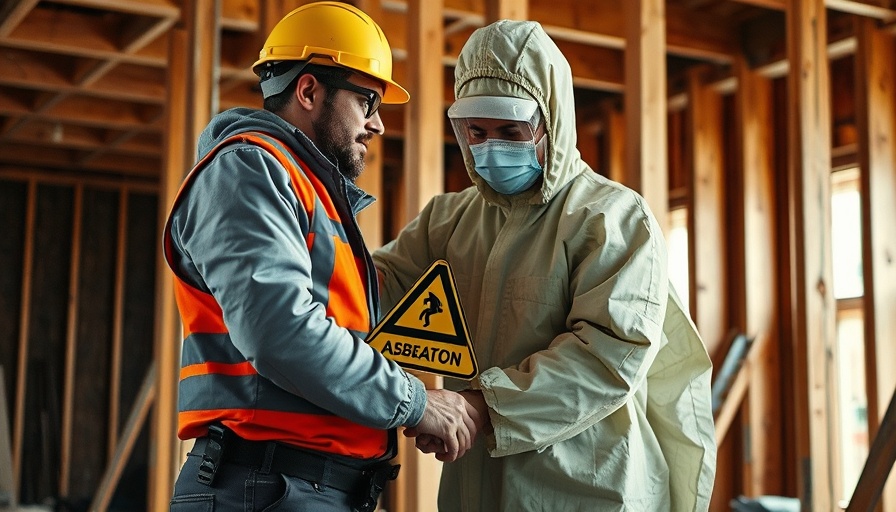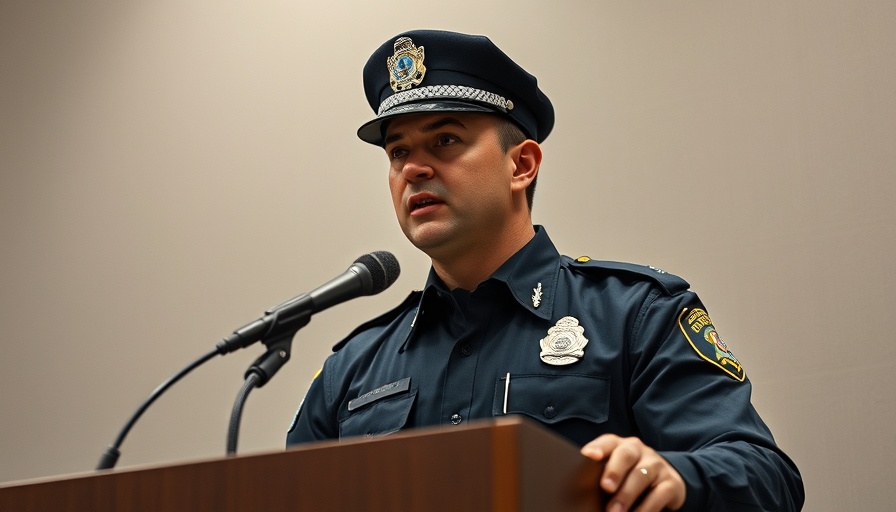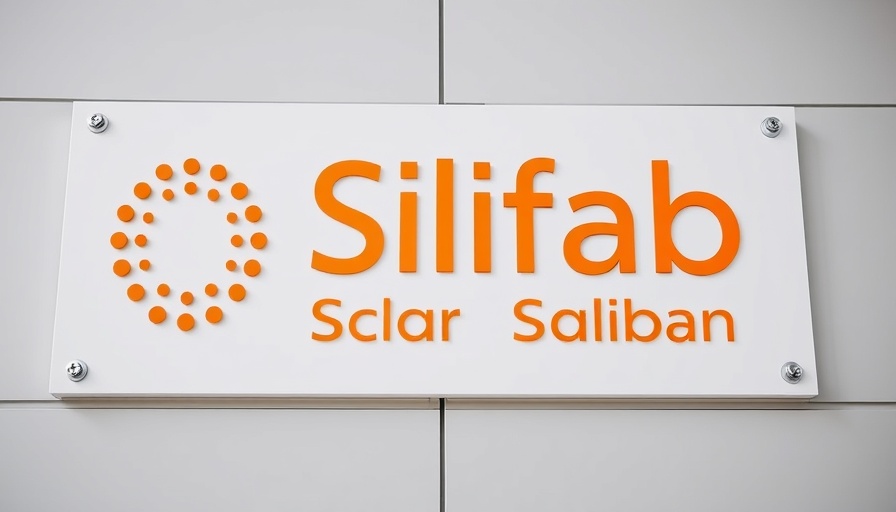
New Developments on Asbestos Regulations: What It Means for Public Health
The Environmental Protection Agency (EPA) has recently announced its intention to reassess the Biden administration's ban on chrysotile asbestos, the last type of asbestos still permitted in the United States. This controversial decision arrives against a backdrop of growing concerns regarding the health implications linked to asbestos exposure, particularly as it has been associated with tens of thousands of deaths each year due to diseases like mesothelioma and lung cancer.
Asbestos, a once-common material in various industries, has gradually been phased out of U.S. buildings and products because of its toxic nature. However, chrysotile asbestos remains in use, particularly in certain industrial applications, such as brake pads and gaskets. The decision to revisit the ban was announced in a court filing, signalling a potentially significant shift in how U.S. regulatory bodies treat this hazardous substance moving forward.
The Health Toll of Asbestos: A Community Concern
For those living in and around Charlotte, North Carolina, especially parents and healthcare workers, this news is alarming. As advocates caution, any reversal or dilution of asbestos regulations could expose vulnerable populations, including children and elderly citizens, to unnecessary health risks. Charlotte's healthcare community has been increasingly vigilant about public health concerns, advocating for stricter regulations and robust education on the dangers of exposure to carcinogens.
Advocacy Groups Rally Against the Reassessments
The immediate response from advocacy groups has been one of dismay. Michelle Roos, executive director of the Environmental Protection Network, highlighted the alarming nature of the EPA's reconsideration. She asserts that such measures undermine the progress made in cancer prevention and public health safety, especially given the established links between asbestos and serious illnesses in communities historically affected by its use.
The Science Behind the Ban: Understanding Asbestos Risks
Asbestos fibers can cause severe health issues when inhaled, leading to chronic diseases that take years to manifest. The consensus in the medical community is clear: regulation and oversight are paramount to mitigating these risks. The move to review the ban may potentially lead to discussions about alternative safety measures. For instance, could enhanced workplace protections suffice to protect workers from asbestos exposure? The EPA's forthcoming evaluation will need to weigh these considerations alongside public health implications.
The Future of Asbestos Use in the U.S.: What Lies Ahead?
Looking forward, the next 30 months will be critical for both the EPA and public health advocates. The agency’s reassessment could lead to a pivotal change in how chrysotile asbestos is managed and regulated. Potentially, this could also affect existing facilities—particularly in the chemical manufacturing sector that still utilizes asbestos diaphragms. The broader implications of this examination impact not just workplace safety, but the health and wellness of families in the Charlotte region, where conversations about community health are becoming increasingly critical following the pandemic.
Empowering the Community with Knowledge
For Charlotte residents concerned about these developments, staying informed is essential. Engaging with local health news outlets and public health resources can illuminate the evolving conversations around asbestos and public health. Mental wellness advocates and health officials may also provide important insights for families navigated challenges posed by these potential regulatory changes.
In the face of such significant health issues, the importance of advocacy cannot be overstated. Solutions extend beyond regulatory changes; they must include community action, awareness campaigns, and robust health education initiatives.
Call to Action
As the EPA re-evaluates its stance on asbestos, staying informed and engaged with local health communities in Charlotte is paramount. Knowledge is power—let’s advocate for stronger health protections that safeguard our families and communities.
 Add Row
Add Row  Add
Add 




Write A Comment